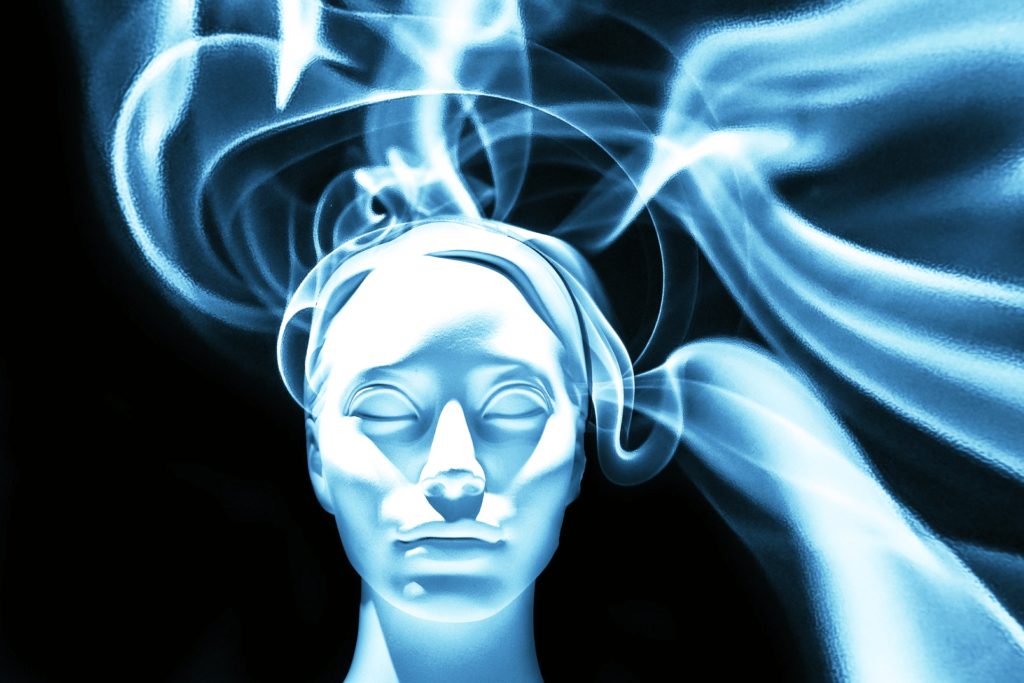The human brain has a complex neural network and is one of the most complex structures in the known universe. Humans, who are trying to understand our own consciousness, are on the way to an incomprehensibly difficult task. Complexity theorists believe that this difficulty finally reaches its peak when we come across quantum mechanics, which the human mind cannot even explain. What if consciousness can exist without being alive? Can we simulate this complexity on computer hardware or is it simply impossible?
These questions become more pertinent as we continue to use computers in increasingly sophisticated ways, and they shed light on the possibility that we might never know how consciousness arises.
Where does consciousness actually come from?

Our consciousness arises from the interaction between our sensory organs, i.e., the eyes, ears, etc., and our brain. What are the properties of this interaction? How does it take place? What is the mechanism whereby it appears that something is not directly sensed by a sense organ but reaches through the intervening space and stimulates a subsequent neuron?
Recent developments in neuroscience have shown that there are classes of neurons in certain parts of the brain (the hippocampus) that have pre-synaptic connections to other parts and post-synaptic connections to other neurons. The synapses contain a membrane potential which can be either excitatory or inhibitory depending on whether an incoming signal leads to an increase in the firing rate of the neuron or not. It appears that the hippocampus is where information is processed and stored.
It is a great controversy regarding the fact that any non-alive being can exist with consciousness, and if machines are capable of being conscious.
To understand the full complexity of consciousness, we must be able to make sense of the brain’s pre- and post-synaptic interactions. This means that we would have to investigate how these connections are formed and make models of them as an attempt to explain our pre-conscious memories, and also how we can choose what information gets stored in our brains. These processes would have consequences on our understanding of conscious awareness. If conscious awareness arises from pre-synaptic activation, it has to be determined by what happens when neuronal signals reach the cortex, not earlier on in the brain.
What is the difference between life and consciousness?
These questions are easy to ask in principle but difficult to answer.
Life is mostly a cognitive and aware experience. And fundamental consciousness reveals itself in all sentient and insentient nature’s gradational forms. Many scientists believe that life and consciousness are completely indivisible. It’s because they are the only two parts that make up “human nature”.
Related Post:
The concept of duality between life and consciousness implies that learning processes always lead to increased complexity. It is also implicit in our values and our beliefs about what is good or bad. They help shape our behavior. That is why it is important to understand the role that learning plays in the creation of human values.
Is there any possibility for anything that is not alive, to be conscious?
I define consciousness as “the user interface for the nervous system” as it gives us access to our thoughts, memories, perceptions, and dreams through our sensory experiences (touch sensations, sight, etc…).
And as far as I can assume, something that is not alive can be conscious. No, I am not going to say that computers are obvious examples. But I, and many people do, think non-living entities such as machines/robots can be completely conscious.
Points supporting the fact that consciousness can exist in a non-alive being:
- From what we define consciousness, it is nothing more than the sensations that our brain receives and processes, which are provided by the nervous system.
- The nervous system is a product of evolution just like organs. Why not extend this argument to machines?
- There is no doubt that we can program a machine to emulate the functions present in brains. It is only a matter of time before machines can mimic brain processes including cognition with the help of artificial intelligence techniques to build them more and more sophisticated over time.
- A completely machine-like entity does not recognize itself as a machine but as an entity doing computation. Therefore it is capable of having sensations and feelings.
- We already have machines that we can program with similarities to human thoughts and sensations. And, they are designed to react in certain scenarios autonomously without any programming needed at all. Though we can’t consider them conscious yet.
This content can help you know more about consciousness.
This whole question is based on the definition of consciousness(i.e. “the fact of awareness by the mind of itself and the world” – Oxford Languages) that I have accepted to be true. And also refers to specific human qualities like self-awareness, sentience, and cognitive functions like logic, imagination, and mental imagery.
The question is not at all silly; I find it very important to this day and more so in the future. It is a great controversy regarding the fact that any non-alive being can exist with consciousness; and if machines are capable of being conscious.
Based on how we define consciousness and the fact that we can program machines to show similarities to human thought processes, the machine can be able to be self-aware and also conscious.
- AI-Powered PCs: Overhyped Trend or Emerging Reality? - August 21, 2024
- Princeton’s AI revolutionizes fusion reactor performance - August 7, 2024
- Large language models could revolutionize finance sector within two years - March 27, 2024



